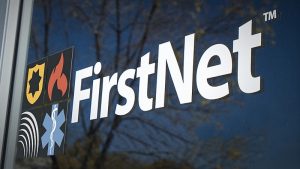Stanford University announced a new initiative that seeks to leverage the school’s technological capabilities to reach students who have historically been underserved by higher education.
To meet the heightened demand for unemployment insurance during the pandemic, the Ohio Department of Jobs and Family Services (ODJFS) made $477 million in fraudulent claims and $3.3 billion in overpayments, according to an audit released last week.
Nineteen states have sued the Biden administration over the COVID-19 vaccine mandate for Federal government contractors, according to separate lawsuits filed late last week.
What does technology really cost – and perhaps an even more critical question – how do you fund its acquisition?
U.S. Secretary of Commerce Gina Raimondo appointed 11 public safety, technology, and finance leaders to serve on the First Responder Network Authority (FirstNet Authority) Board. Stephen Benjamin, mayor of Columbia, SC, was named the FirstNet Authority’s new board chair.
The U.S. Department of Defense Education Activity (DoDEA), the agency tasked with educating the children of military service members, has awarded a $500,0000 grant to the Savannah-Chatham County, GA., Public School System (SCCPSS) to purchase the resources needed to build and expand the district’s Science, Technology, Engineering, and Math (STEAM) programming.
California Gov. Gavin Newsom has released Cal-Secure, the state’s first multi-year cybersecurity roadmap. In a press release, Gov. Newsom’s office said Cal-Secure is built on industry-leading best practices and frameworks, and addresses critical gaps in the state’s information and cybersecurity programs while enabling the state to manage existing and future threats more effectively.
In a move to strengthen K-12 computer science education, the National Science Foundation (NSF) has awarded two non-profits nearly $1 million to increase computer science education throughout the state of Tennessee.
The National Governors Association (NGA) and Western Governors University (WGU) are partnering to address the future of work and education, as well as develop best practices in state policy that will result in greater access to higher education.
West Virginia Governor Jim Justice unveiled his $1 billion broadband strategy to connect 200,000 West Virginia homes and businesses.











